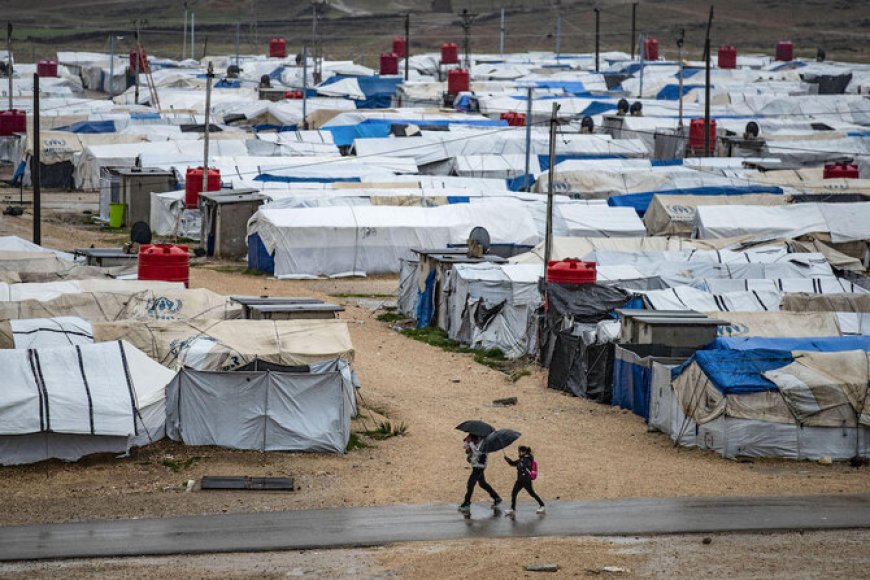French Prosecutor Reports Positive Progress for Repatriated Children of Daesh Suspects

In a recent update, Olivier Christen, France's anti-terrorism prosecutor, revealed encouraging news regarding the 364 children repatriated from Syria and Iraq who are children of French nationals suspected of affiliating with the Daesh group. Christen, who heads the National Anti-Terror Prosecutor’s Office (PNAT), emphasized that these children are currently thriving and are under careful supervision.
Speaking to France Info radio station on Wednesday, Christen assured that the children, who have been distributed across 59 French departments, are receiving optimal care thanks to the coordinated efforts between child welfare judges and his office. "These 364 children in no way seem to me to correspond to the notion of 'ticking time bombs'," Christen stated, countering earlier concerns that the children could pose a threat.
The PNAT, established in 2019 in response to a series of jihadist attacks, oversees the monitoring of these children. Christen noted that the group includes a wide range of ages, from very young children to teenagers, reflecting the varied backgrounds and circumstances of the repatriated individuals.
The issue of repatriated individuals has been complex and evolving. Initially, in 2018, another anti-terror prosecutor had voiced concerns about the potential risks posed by these children, referring to them as potential "ticking time bombs." However, Christen's recent comments suggest a shift in perspective, highlighting the effective measures in place to support and integrate these young returnees.
In addition to the children, France has repatriated 170 women from Iraq and Syria, including 57 from detention camps in northeast Syria. This repatriation effort has intensified over recent years, particularly since the territorial collapse of the Daesh caliphate in 2019. Prior to 2022, repatriation efforts were more selective, focusing on orphans and children whose mothers had renounced parental rights. However, the French government updated its policy in 2022 to include a broader range of returnees.
The conflict with Daesh began in 2014 when the group seized large territories in Syria and Iraq, establishing a so-called caliphate. By 2019, Kurdish-led forces, supported by a US-led coalition, had defeated Daesh and reclaimed the territory. Currently, Kurdish autonomous authorities in northeast Syria hold around 56,000 detainees, including 30,000 children. These camps house not only Daesh fighters and their families but also displaced persons affected by the ongoing conflict.
As the situation continues to evolve, France's efforts to manage and support the returnees reflect a broader international challenge of addressing the consequences of foreign fighters and their families amid the aftermath of the Daesh era.













































